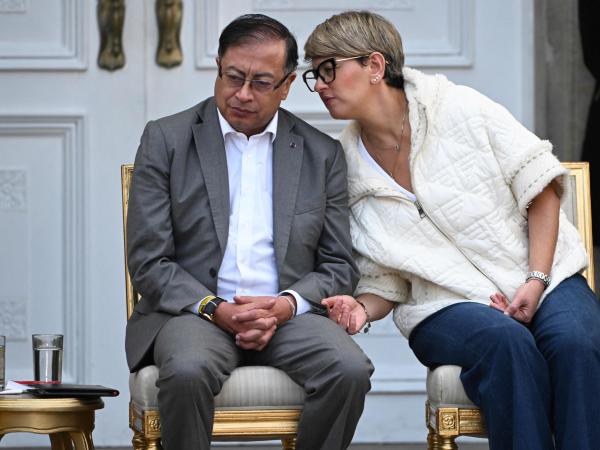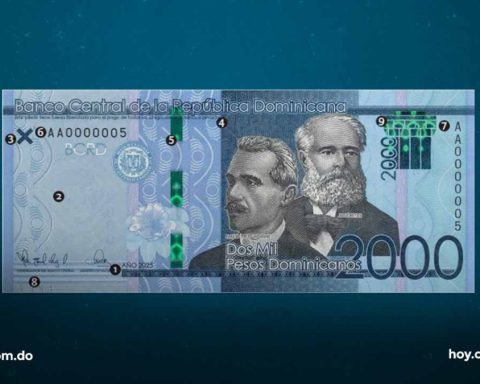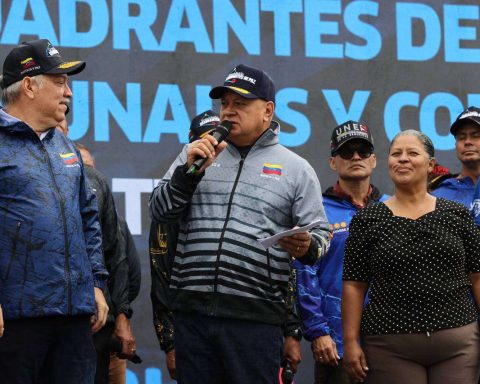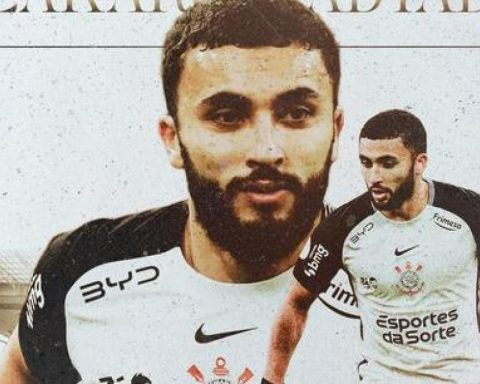It’s official: the president Gustavo Petro assumes the regulation of public services in Colombia. This will be possible thanks to Decree 0227 of February 16, 2023, which was signed by the Ministers of Finance, Housing and Mines and Energy, and by National Planning.
According to the document, Petro will comply with service regulation tasks for 3 months, until May 16, 2023, and may request technical support from the Drinking Water and Basic Sanitation Regulation Commission (CRA) already the Energy and Gas Regulation Commission (Creg), as well as other entities in each sector.
Also, it is clarified that it is clarified that the regulation commissions will continue issuing the administrative acts of a particular nature that they currently exercise.
So things, What ‘powers’ does decree 0227 of 2023 grant to Petro?
The document establishes, precisely, that the president will resume the general functions delegated to the CRA and the Creg.
And what are those functions? In a general way, “The commissions are in charge of regulating monopolies in the provision of public services, when competition is not possible, and of promoting competition among those who provide public services, when possible so that the operations of monopolists or competitors are economically efficient. , do not imply abuse of the dominant position, and produce quality services“.
Specifically, the functions of the CRA and the Creg, which will be assumed by Petro, are consigned in Article 73 of Law 142 of 1994.
They are between them:
– Define efficiency criteria and develop indicators and models to assess financial management, technical and administrative aspects of public service companies and request the evaluations that it deems necessary for the exercise of its functions.
Set the quality standards that public service companies must adhere to when providing the service.
– Define in which events it is necessary to carry out works, installation and operation of equipment of public service companies is subject to official technical standards, to promote competition or avoid harm to third parties, and ask the respective ministry to prepare them, when it finds that they are necessary.
– Establish the amount and conditions of the guarantees of seriousness that must be provided by those who wish to enter into reimbursable contribution contracts.
– Establish formulas for setting the rates of public services, when appropriate, as provided for in article 88, and indicate when there is enough competition for the setting of rates to be free.
– Request the Superintendence of Services to carry out the investigations and impose the sanctions of its competence, when it has indications that someone has violated the norms of this law.
– Resolve queries about the regime of incompatibilities and inabilities referred to in this law.
– Determine, in accordance with the law, when the regime of regulated freedom or supervised freedom is established or indicate when there is room for the free setting of rates.
– Prevent those who capture or produce a good that is distributed, through public service companies, adopt agreements contrary to free competition to the detriment of distributors; and require that contracts specify the various components that define prices and rates.
– Resolve queries on matters within its competence.
– Establish the essential mechanisms to avoid concentration of share ownership in companies with complementary activities in the same sector or related sectors in the provision of each public service.
The Creg was created in 1994 with laws 142 and 143.
WEATHER Archive
Article 74 of the same Law, 142, has specific functions for the CRA and for the Creg that Petro will now adopt, for three months.
In the case of the CRA, some of them are:
– Adopt differential behavior rules, according to the position of the companies in the market (function that was declared exequible (according to the Constitution) by the Constitutional Court through Sentence C-263 of 2013).
– Adopt the necessary measures to apply technical standards on quality of drinking water established by the Ministry of Health, in such a way that the mechanisms for quality control of drinking water by the competent entities are strengthened.
In the case of the Creg, some additional functions are:
– Adopt differential behavior rules, sAccording to the position of the companies in the market (function that was declared exequible (according to the Constitution) by the Constitutional Court through Ruling C-263 of 2013).
– Set the rates for the sale of electricity and fuel gas, or delegate to the distribution companies, when convenient within the purposes of this Law, under the regime established by it, the power to set these rates.
– Define methodologies and regulate rates for the dispatch and coordination services provided by the regional centers and by the national dispatch center.

The aqueduct and sewerage service in Colombia is provided by more than 3,000 companies.
private file
In addition, in the case of the Creg, article 23 of Law 143 of 1994, it establishes more duties for this commission, which Petro will also assume. Among them are:
– Establish guidelines for designstandardization and efficient use of electrical equipment and appliances.
– Define the methodology for calculating rates applicable to regulated users of electricity service.
– Approve the rates that must be paid for the access and use of electrical networks, and charges for dispatch and coordination services provided by regional dispatch centers and national dispatch centers.
If you want to know all the functions of the regulation commissions Click here and here.
What else does Decree 0227 say?
Among the regulatory provisions that will be effective with the decree, which will have to be governed by the following general guidelines, are:
– Subjection to the principles, constitutional and legal purposes and values.
– Guarantee of disclosure and citizen participation in actions in this area.
– Relevance, opportunity and quality that guarantee the principles of efficiency, sufficiency, comprehensiveness and tariff solidarity.
– Rate regime criteria of economic efficiency, neutrality, solidarity, redistribution, financial sufficiency, simplicity and transparency.
Finally, the document establishes that “all provisions that are contrary to it” and would apply to “the general regulatory processes that are in process at the time of entry into force“.
“What is not provided for in this decree will be subject to the mandates of laws 142, 143, 1755 and the concordant regulations“, close.

Petro.
BRIEFCASE


















